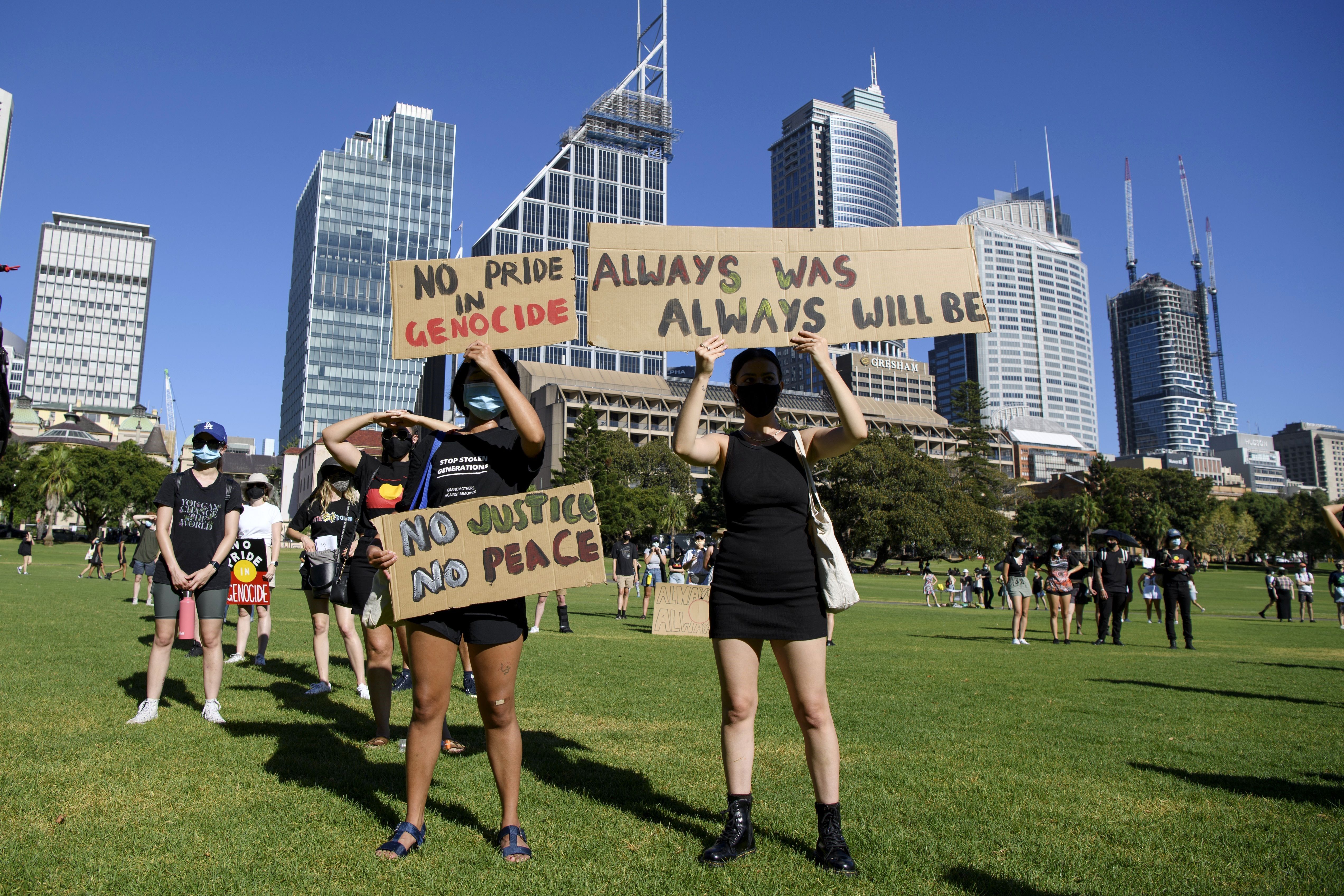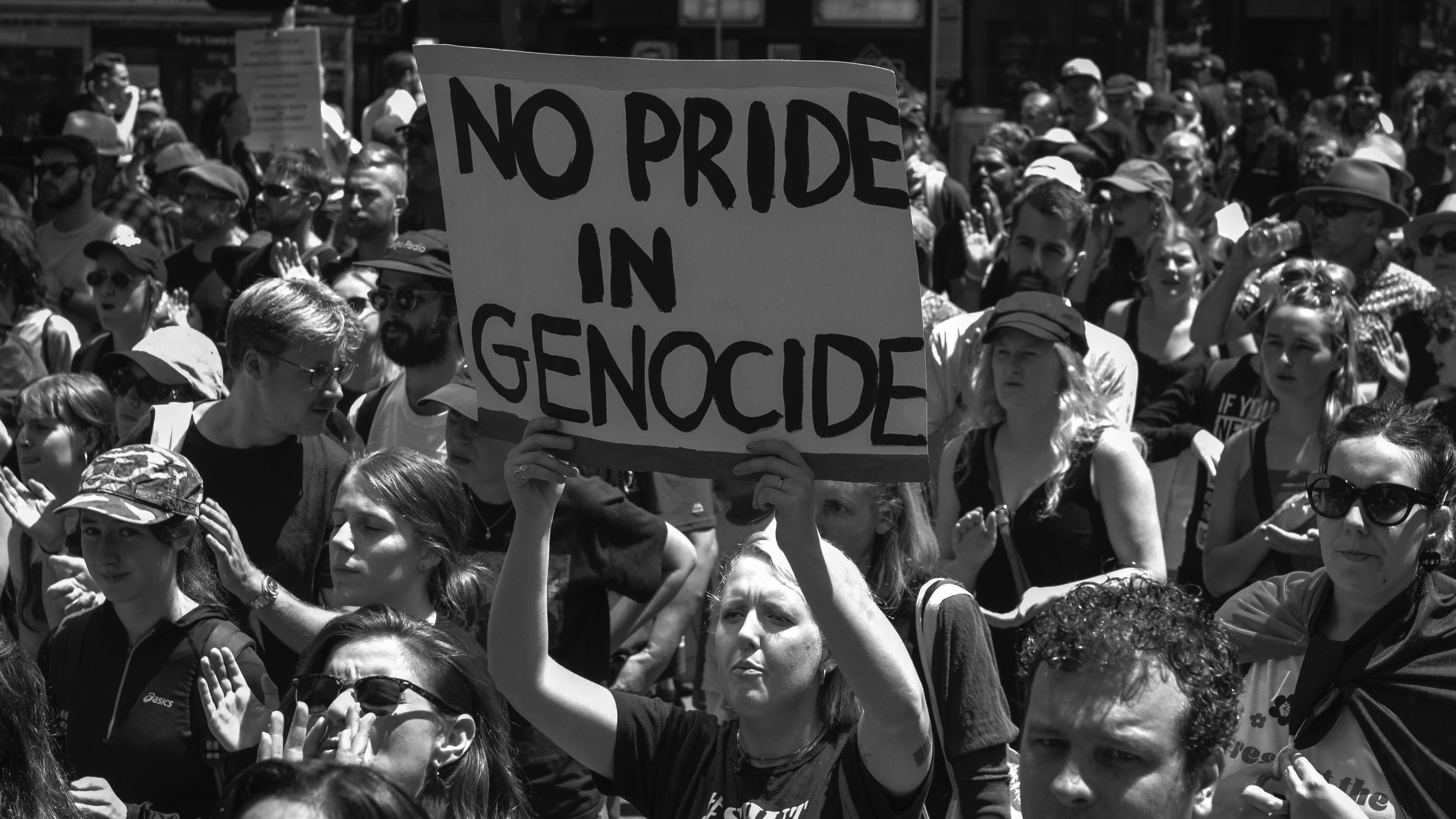News feed

The conversations around Australia’s national holiday – January 26 – have been going on for longer than perhaps the public would like to acknowledge, but they’re finally being brought to the forefront. The discussion pertains to holding celebrations on a date that represents the dispossession of Australia’s First Nations people from their land, as the First Fleet of British colonisers landed in New South Wales. Aboriginal and Torres Strait Islander people have long been vocal about the pain associated with January 26, requesting that the so-called Australia Day celebrations be moved to another date.
Each year support for the Change The Date campaign has grown, with thousands gathering (responsibly) in cities across Australia to protest celebrations on what has widely been dubbed Invasion Day or Survival Day by those who support the change. Now a number of the country’s biggest stars are using their considerable platforms to advocate for the issue on a global stage, speaking out in support of Indigenous communities on a truly difficult day.

Liam Hemsworth shared an image of the Aboriginal flag, with a caption detailing his support for the date change and the Indigenous Australian community at large. “This country was criss-crossed by generations of brilliant Nations. Aboriginal and Torres Strait Islander people were Australia’s first explorers, first navigators, first engineers, first farmers, first botanists, first scientists, first diplomats, first astronomers and first artists. Always Was, Always Will Be acknowledges that hundreds of Nations and our cultures covered this continent.”
Model Jesinta Franklin, wife to Indigenous Australian football star Buddy Franklin, echoed the sentiment on her own Instagram page. “Always was, always will be. Today I pay my respects and stand in solidarity with the Traditional owners of this land, on this day of mourning,” she wrote. “It’s time to abolish the date and as a country acknowledge that today is not the day to be celebrating. There is no pride in genocide.”
Lara Worthington shared her support for the issue by posting a number of infographics to her Instagram Stories that called for non-Indigenous Australians to recognise their ancestors’ part in the injustices brought upon First Nations people. Sisters Jessica and Lisa Origliasso of The Veronicas also posted their support for the movement, sharing work from local activists.
Australia’s Today Show entertainment reporter Brooke Boney, a proud Gamilaroi woman, summed it up best in an impassioned speech to the programme’s Australian audience. “What does it to say to Aboriginal people to say we want you to celebrate these things that have been done to your people when there are so many other wonderful days,” she said. “Aboriginal people can’t celebrate that. To me this is a day of mourning. It’s a day of sadness and if you have a national day that not everyone in the nation can celebrate what type of message does that send?”









